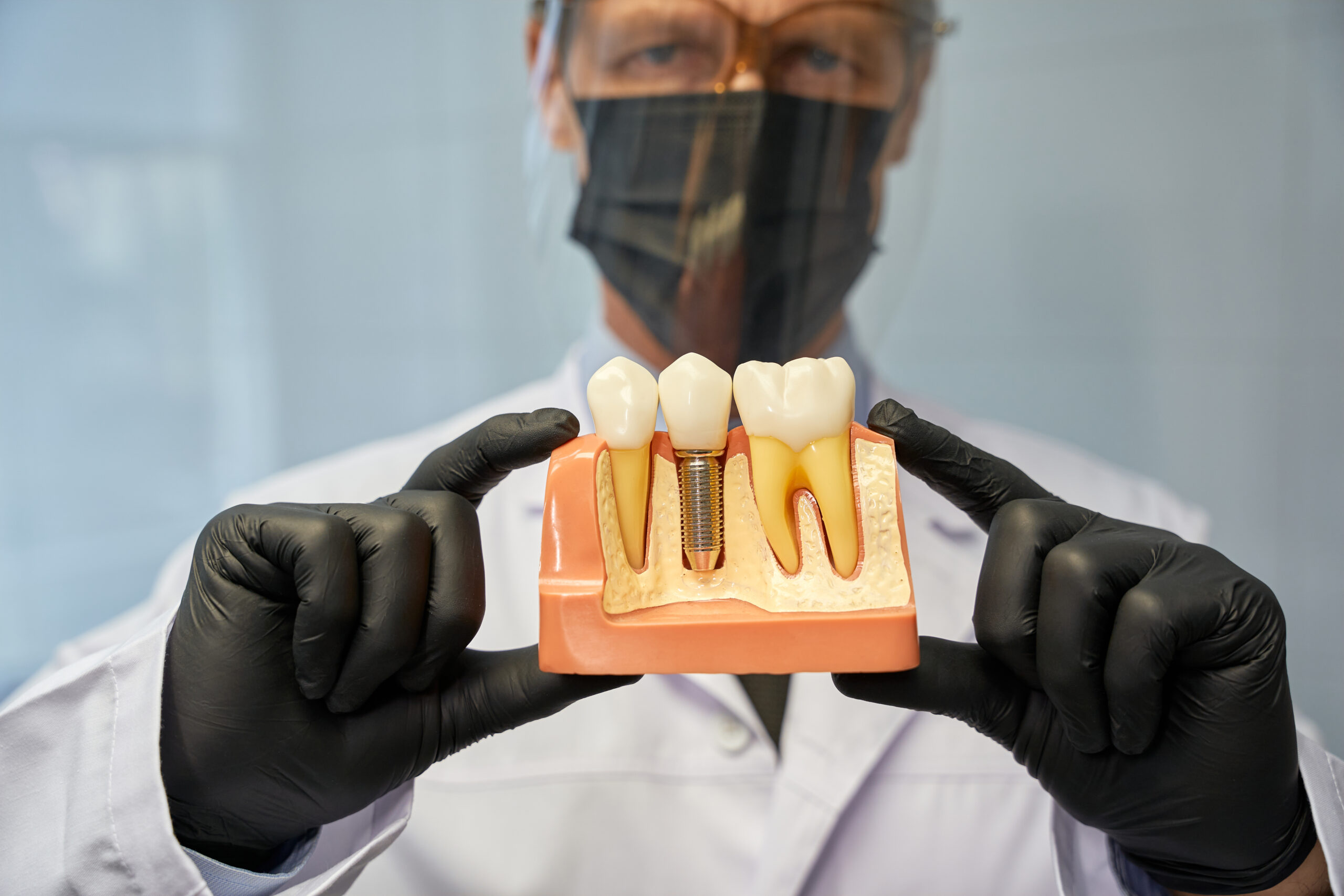
How To Deal If Your Teeth Are Sensitive To Cold?
April 5, 2025
Uncategorized
Do your teeth twinge when sipping iced water or eating ice cream? You’re not alone. Millions of people experience this sharp, sudden discomfort when their teeth come in contact with cold foods or air. Thankfully, there are simple ways to manage and even prevent it. Let’s dive into what causes cold sensitivity, how to treat it, and when you should see a dentist.
Why Are My Teeth Sensitive to Cold?
Tooth sensitivity happens when the protective enamel on your teeth becomes thin or when gums recede, exposing the softer dentin underneath. This dentin has tiny tubes that connect directly to your tooth’s nerves. When a cold touches these tubes, you feel pain.
Common Reasons for Cold Sensitivity Include
- Worn-down enamel from brushing too hard.
- Gum recession from gum disease.
- Tooth decay or cavities.
- Cracked or chipped teeth.
- Recent dental work like fillings or whitening.
Simple Tips To Reduce Cold Sensitivity
You don’t have to suffer every time you drink something cold. Try these everyday tips to protect your teeth and ease sensitivity.
1. Use a Toothpaste for Sensitive Teeth
These special formulas contain ingredients like potassium nitrate or stannous fluoride that block nerve signals and strengthen enamel over time.
2. Switch to a Soft-Bristled Toothbrush
Hard bristles and aggressive brushing can wear away enamel and hurt your gums. A soft brush is gentler and just as effective.
3. Avoid Acidic Foods and Drinks
Citrus fruits, soda, and vinegar-based foods can erode enamel. Try rinsing your mouth with water afterward to protect your teeth.
4. Don’t Grind Your Teeth
If you clench or grind your teeth, especially at night, it can wear enamel quickly. A mouthguard may help protect your smile.
According to the Academy of General Dentistry, more than 40 million adults in the U.S. suffer from tooth sensitivity at some point in their lives.
Treatments A Dentist Might Suggest
If home care doesn’t help, it’s time to see a dental specialist. They can examine your teeth and find out what’s really causing the pain. Here are some common treatments:
1. Fluoride Applications
A fluoride gel or varnish helps strengthen enamel and reduce sensitivity.
2. Dental Bonding or Sealants
For exposed roots or worn enamel, a dentist may apply a special resin to cover the sensitive areas.
3. Gum Grafting
If your gums have receded significantly, a minor surgery may be needed to cover exposed roots.
4. Root Canal
In severe cases where the tooth nerve is involved, a root canal may be the only solution to eliminate pain completely.
When To Visit a Dentist Regarding this?
If cold sensitivity:
- Lasts more than a few days.
- Gets worse over time.
- Is paired with swelling or bleeding gums.
- Affects your ability to eat or drink comfortably.
…then it’s time to book an appointment. Early treatment can save you from more serious problems.
Keep Your Smile Strong
Tooth sensitivity can be frustrating, but it’s manageable. Good oral hygiene and a little awareness can go a long way in preventing pain.
Here’s a quick recap to protect your teeth:
- Brush gently with a soft brush and sensitive toothpaste.
- Limit acidic foods.
- Wear a night guard if you grind your teeth.
- Attend dental checkups and take advice.
Don’t Let Sensitivity Stop You – Take the First Step Toward Relief
Tooth sensitivity can be more than just a minor annoyance—it can affect your everyday life. If cold drinks or foods are causing discomfort, it’s time to talk to our dentist who can help. From fluoride treatments to desensitizing options, there are real solutions available.
Schedule your dental visit today and let’s get to the root of the problem! Smile with confidence, no matter the temperature.
More Blog Posts
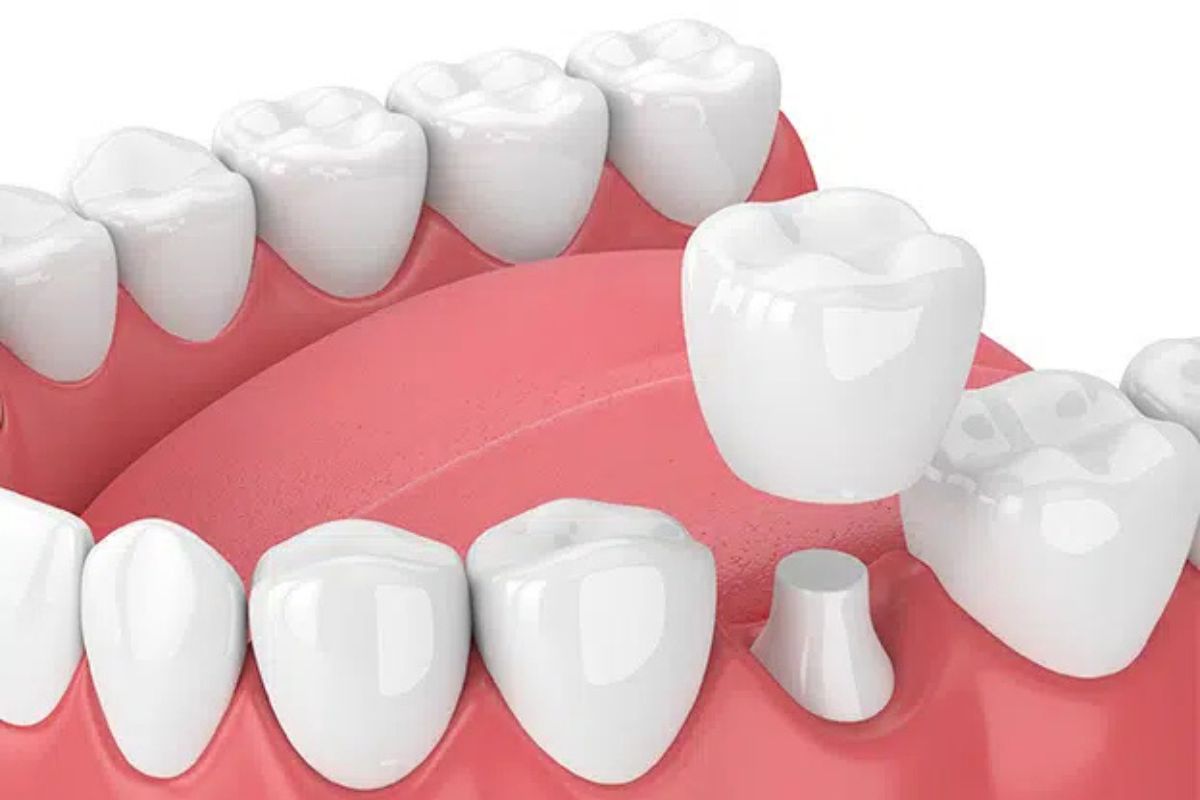
How to Know When Your Dental Crown Needs Replacement
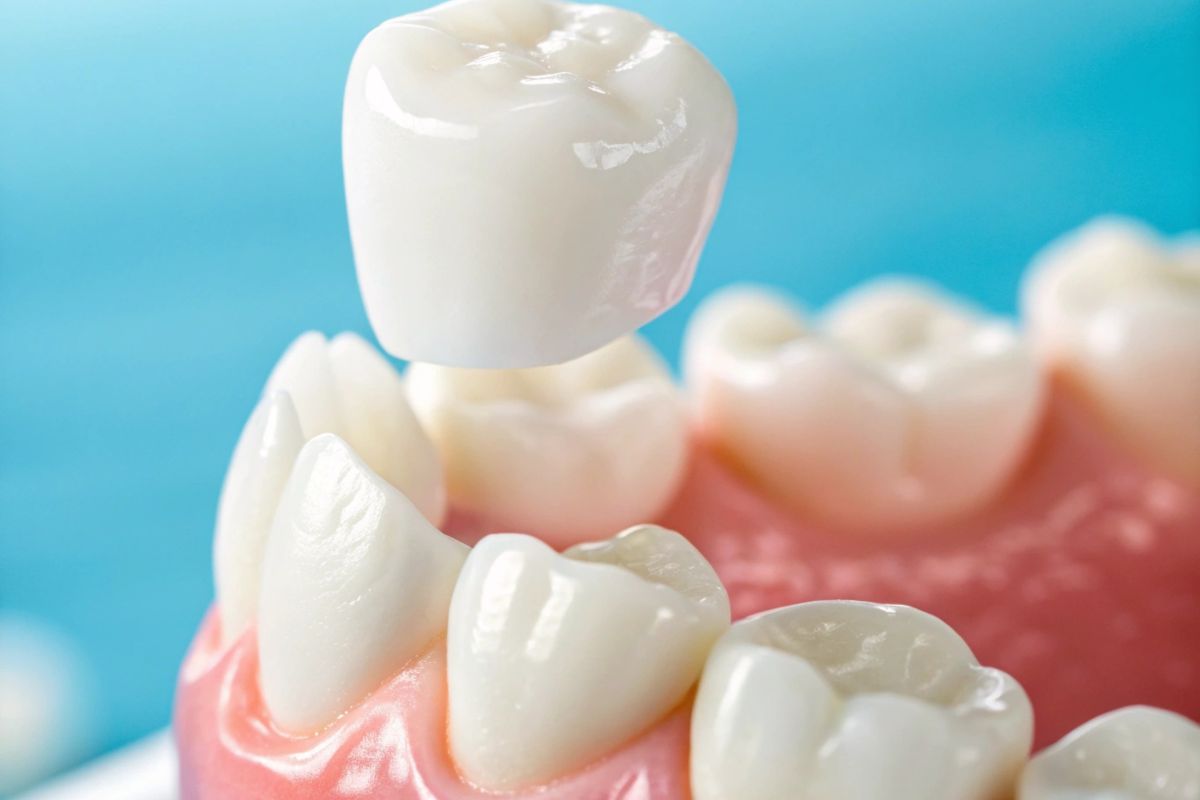
Dental Crown Problems & How to Fix Them
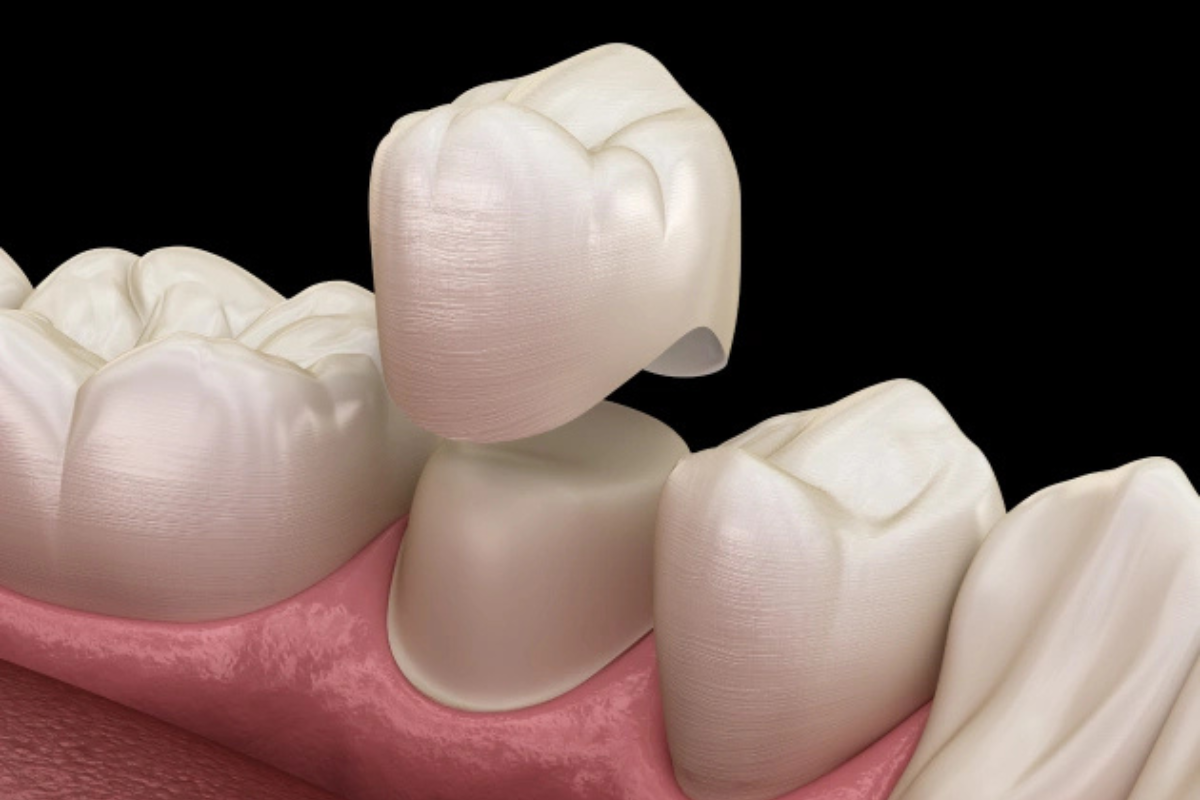
Caring for Your Dental Crowns: Do’s and Don’ts
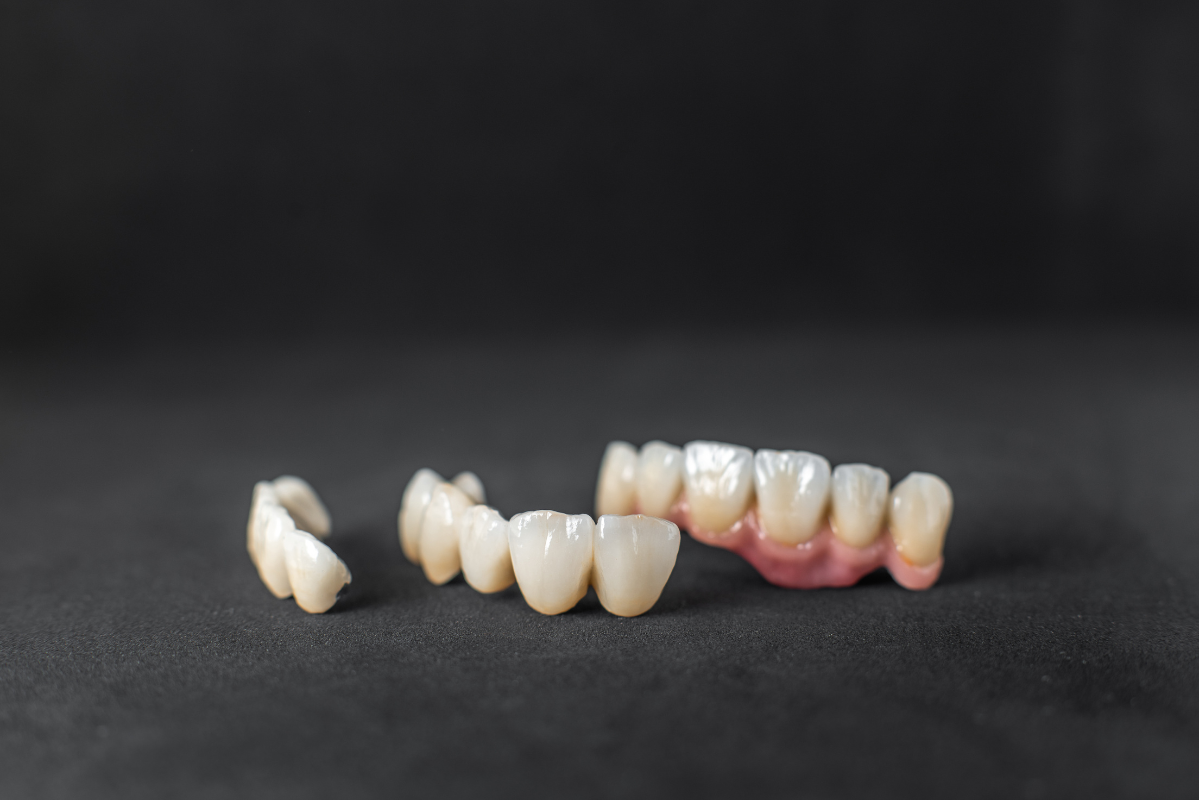
Types of Dental Crowns: How to Choose the Best One for Your Smile
